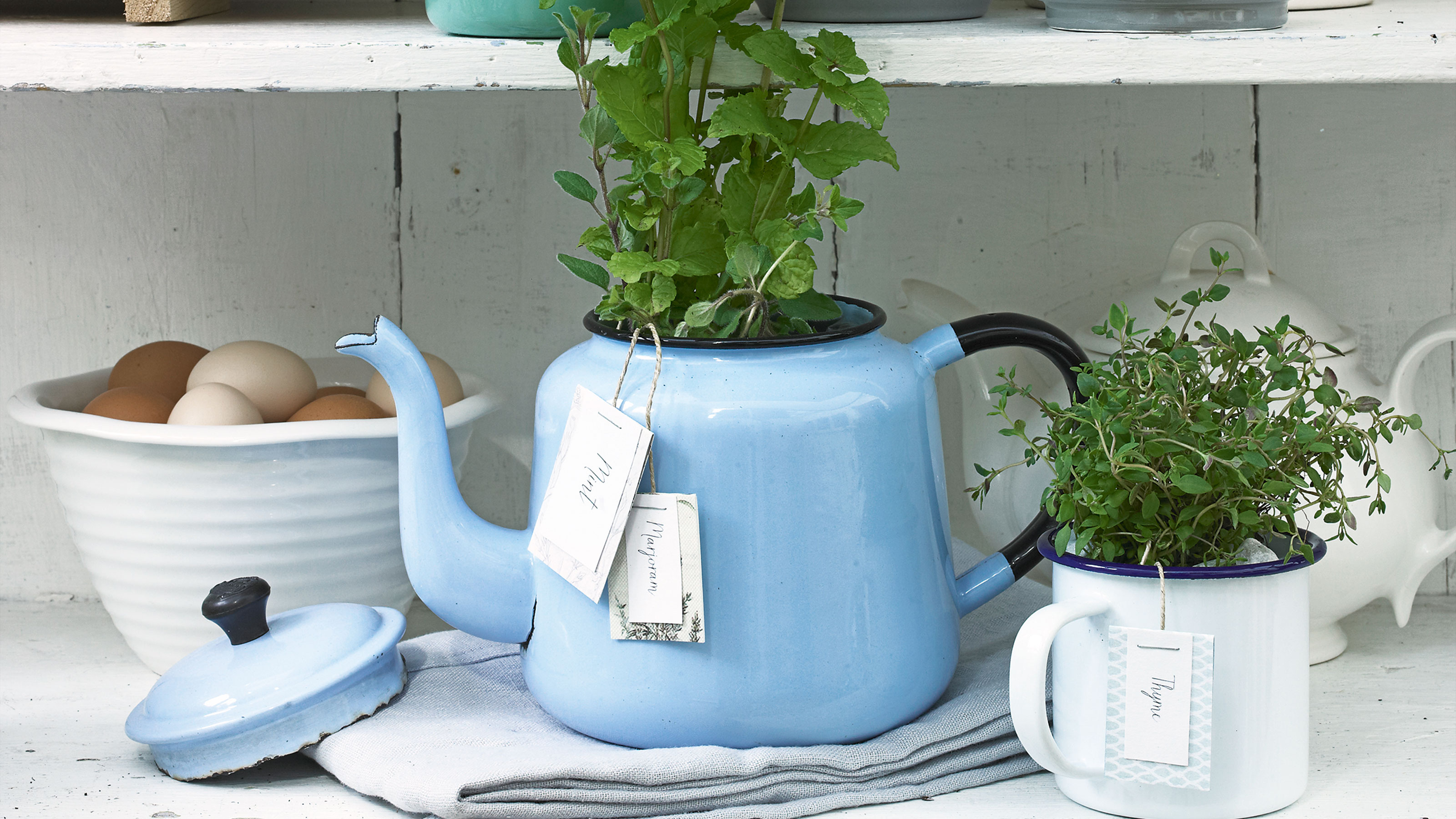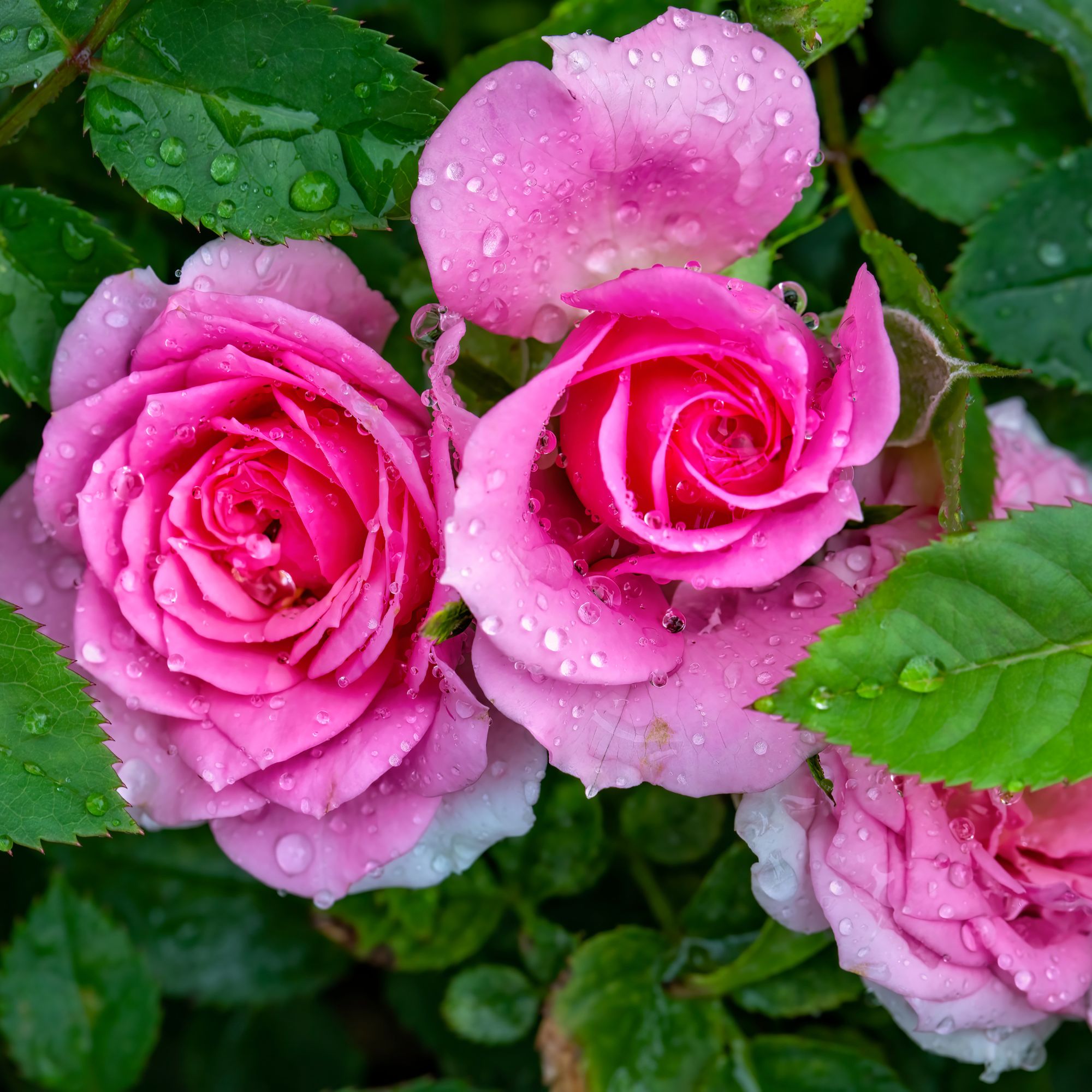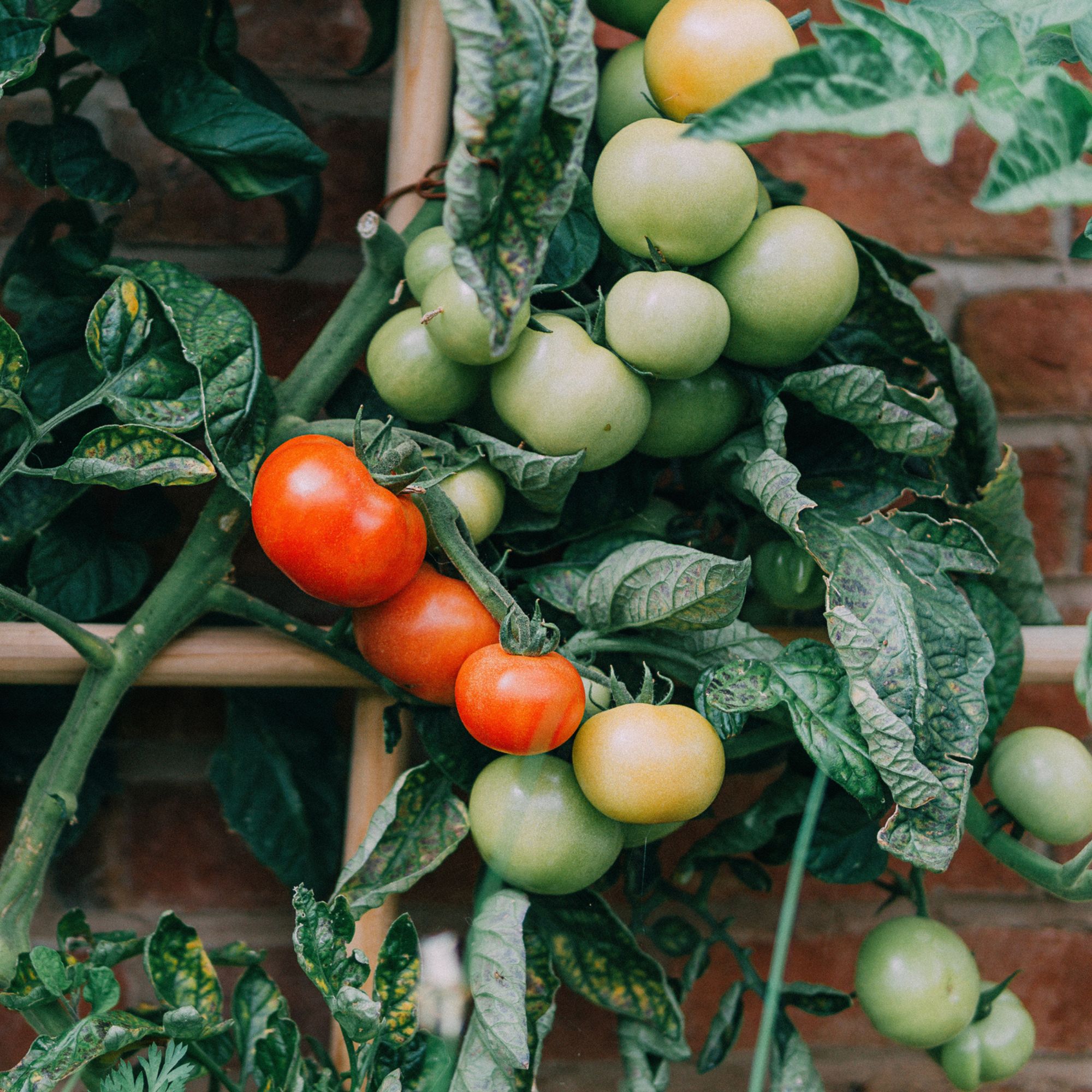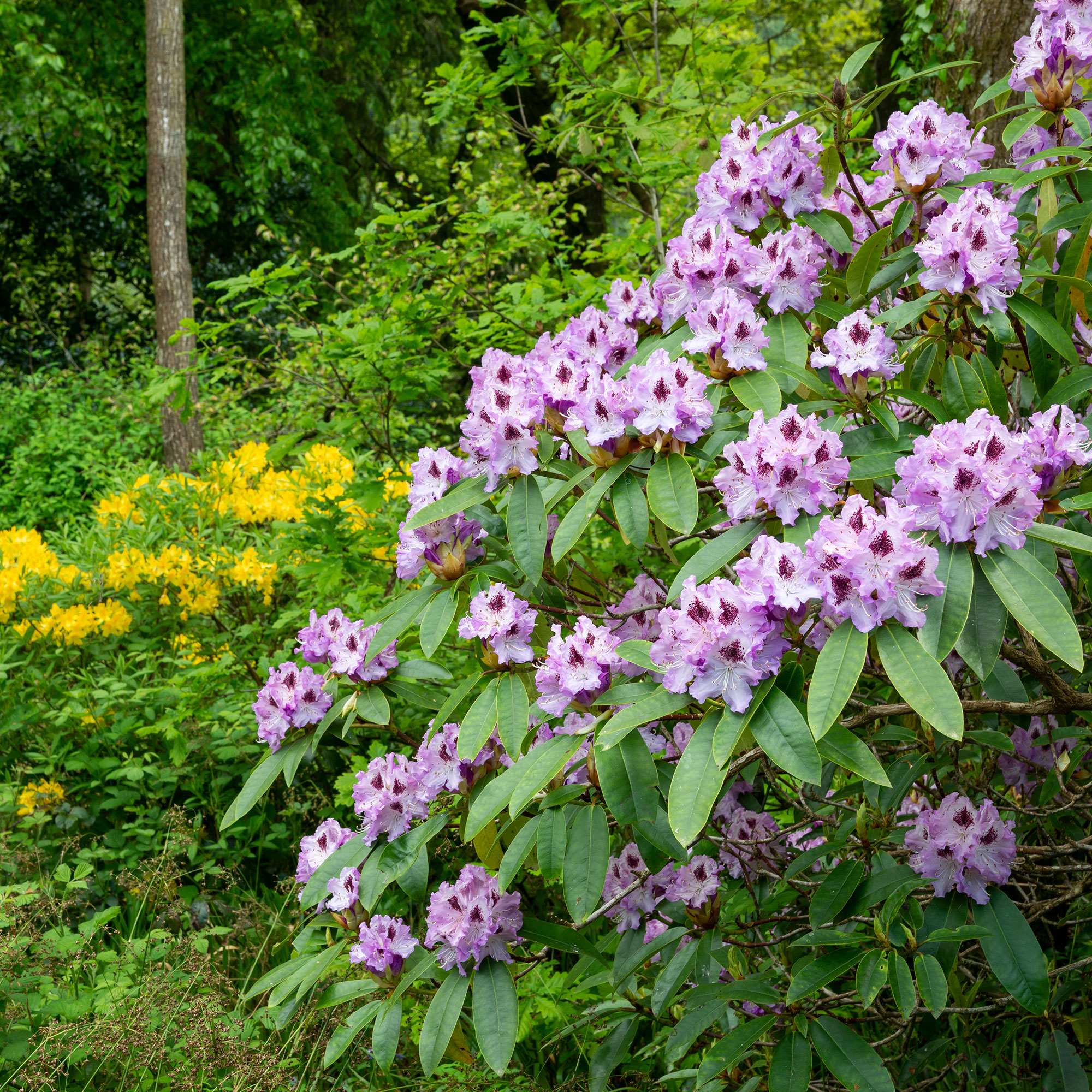3 plants that love tea – garden experts reveal which varieties will thrive on your old teabags
The best plants for tea feeding and how to do it right


Sign up to our newsletter for style inspiration, real homes, project and garden advice and shopping know-how
You are now subscribed
Your newsletter sign-up was successful
If you're a tea drinker and a gardener, before you chuck a used teabag in the bin, spare a moment and think about how you could use it in the garden. Several plants love tea and will flourish when fed a cooled-down brew or some tea leaves.
Just like knowing which plants love coffee, understanding how to use your leftover tea or teabag correctly will make all the difference to your plants' health. According to gardening experts, certain plants thrive with tea, including roses, tomatoes, and azaleas.
I've asked the pros to reveal exactly which plants love tea and how to use your leftover bags and leaves safely, so you can give your garden a boost and reduce kitchen waste at the same time. It's a win-win.
1. Roses

Whether you're growing potted roses or roses in beds, they'll benefit from your leftover tea, according to gardening experts.
'Tea leaves contain tannins, and these can add a slight acidity to the soil that can be beneficial if you are growing your roses in alkaline soil,' Richard Barker, commercial director of LBS Horticulture explains. 'Tea leaves also have small amounts of nitrogen, something that is found in most plant fertilisers and is essential for roses, as it promotes new growth.'
The best method is to steep a teabag in water for a few hours (after you've used it for your morning cuppa of course), then pour this water into the soil as you would regular water. 'You can also remove the tea leaves from tea bags or infusers and place them directly onto the soil around the roses where they can be tilled in,' Richard adds.
2. Tomatoes

If you've been growing tomatoes this year and want to give them an extra boost, they'll benefit a lot from your leftover tea. Same with roses, tomatoes like extra nitrogen in their soil, especially in their fruiting stage.
Sign up to our newsletter for style inspiration, real homes, project and garden advice and shopping know-how
'Steep a few tea bags in hot water and allow to cool before using,' Richard advises. 'Once the tea is cooled, this can be used to water tomatoes when needed, as it will give them an extra boost of nitrogen - without giving them an excessive amount.'
Wondering how long tomatoes take to grow can be frustrating because it's a bit of a waiting game, but adding tea to the soil will help the process along.
3. Azaleas

'Like the other plants that love tea, azaleas are also acid-loving plants,' Julian Palphramand, Head of Plants at British Garden Centres comments. 'Tea leaves are perfect for keeping their soil just the way they like it. The tannins in tea help maintain a lower pH, which azaleas love.'
You can add your tea to the soil as water after steeping your teabag for a couple of hours. 'Alternatively, you can add tea leaves to homemade compost and use this as a soil enhancement,' Richard suggests. Growing azaleas has never been easier.
FAQs
Are old tea bags good for plants?
Old tea bags are good for certain plants - aside from roses, tomatoes, and azaleas, you can also use them for orchids, camellias, and rhododendrons.
'Old tea bags are a great natural fertiliser for acid-loving varieties,' Morris Hankinson, Director of Hopes Groves Nurseries says. 'To do this, simply boil your old tea bags, and once they're cooled, you can directly use them to add nutrients to your plants.'
It's recommended to use your tea bags alongside a peat-free compost for maximum benefit. The Miracle-Gro peat-free premium compost, currently £7.99 for 40L on Amazon, is a good choice.
Will tea leaves keep slugs away?
If you're looking for a natural way to get rid of slugs, tea leaves are a good option. 'Tea leaves can be used to keep slugs away, as certain compounds in tea can act as a natural pest repellent,' Richard says. 'To use tea for repelling slugs, you can scatter used tea bags or sprinkle dried tea leaves around plants that are targeted by slugs.'
Try adding some of the plants that slugs hate to your garden too, such as ferns or geraniums.
Being clued up on the plants that love tea can be a gamechanger for helping these varieties thrive. Happy gardening!

Katie has been writing freelance since early 2022, specialising in all things homes and gardens, following achieving a Masters in Media and Journalism. She started out writing e-commerce content for several of Future’s interior titles, including Real Homes, Gardeningetc, Livingetc, and Homes and Gardens. Since then she’s been a regular contributor on Ideal Home’s digital team, covering news topics, how-to guides, and product reviews.